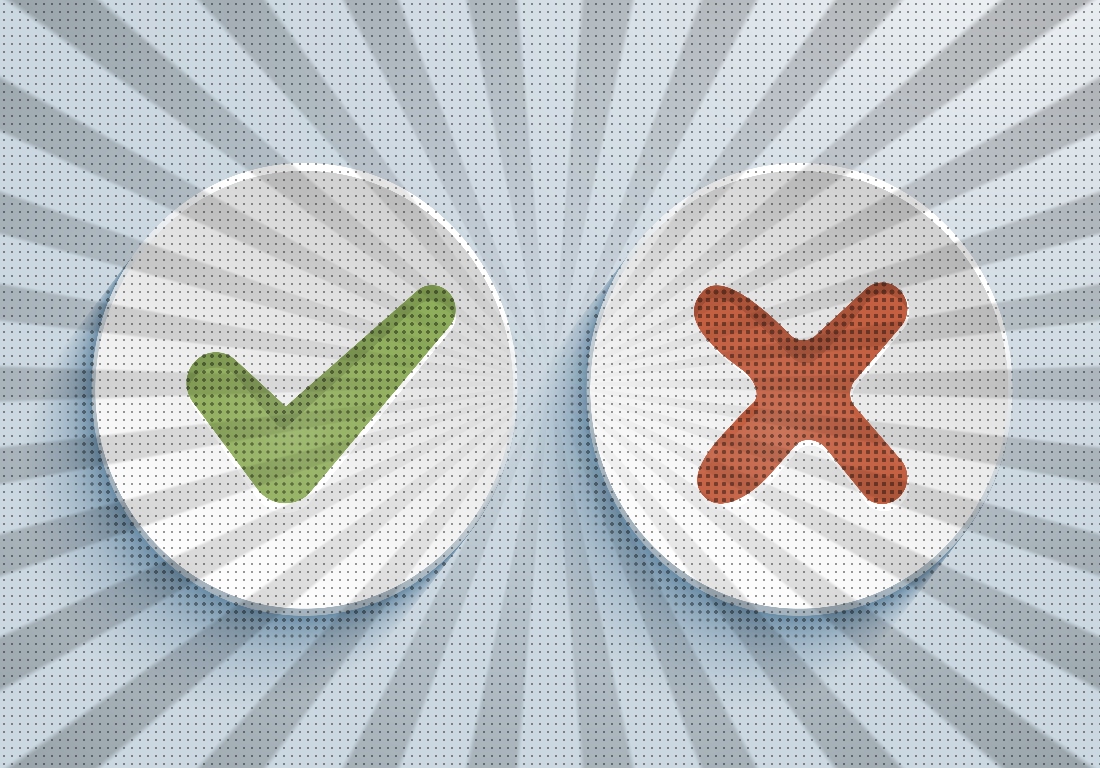What is a Consent Management Platform (CMP) and Why You Need It?

We’ve previously talked about consent-based marketing and today we’ll explore an offshoot of that topic; consent management platforms. They enable consent-based marketing to function smoothly.
In this article, we’ll discuss what consent management platforms are, the technicalities surrounding them, and why you need them.
What Are Consent Management Platforms (CMP)?
A Consent Management Platform (CMP) is like computer software that helps you handle personal information and permissions in line with privacy laws such as the EU’s GDPR, California’s CCPA, or Brazil’s LGPD.
It lets you understand the journey of personal data, from when someone agrees to share it to when it’s removed. This way, you can keep track, watch, and respond to requests and preferences about the data.
The CMP also lets you control notifications from one central place and send them to all the places where you collect permissions.
There are many consent management platforms available, each with different features. It’s important to pick the one that fits well, especially when connecting it to where you get permissions on your website, apps, CRM systems, or marketing tools.
The CMP also shows a clear picture of activities, helping you prove that you follow the rules for any person’s data, at any time.
Fundamental Features of Consent Management Platforms
Today, it’s crucial to protect personal information and respect privacy laws. Consent Management Platforms (CMPs) are like digital guardians that help businesses handle user data responsibly.
Here’s a quick rundown:
Key Features of CMPs:
- Permissions Keeper: Manages and tracks who says “yes” to sharing their data.
- Law Buddy: Ensures your data practices follow important laws like GDPR and CCPA.
- Notification Wizard: Centrally controls and sends privacy notices across various channels.
- Data Journey Guide: This shows the entire life cycle of personal data from permission to deletion.
- Compliance Snapshot: Provides a clear view of activities for easy proof of rule-following.
Choosing the right CMP is crucial. Like picking a superhero, make sure it fits perfectly with your website, apps, and other tools where you collect permissions.
Remember, CMPs are like digital superheroes, safeguarding data and ensuring your business follows the rules.
So, when it comes to data protection, let the CMPs be your sidekick!
Do You Need A Consent Management Platform?
If you collect information from people who visit your website, you need a consent management platform. This means if you use their info for things like sending emails, analyzing data, personalizing content, or showing targeted ads, you have to get their permission.
Also, remember that using cookies on your site is considered data processing, especially under privacy rules like GDPR.
If your website deals with data from people in the European Union, it’s important to get their consent to comply with GDPR. It doesn’t matter where your organization is based; you have to follow this rule to avoid problems.
A consent management platform does two main things:
- it helps you get permission from users,
- and it keeps a record of who gave permission,
which is useful for checks to make sure you’re following the rules.
Why Do You Need CMPs?
Making sure you get permission the right way is crucial for companies to follow privacy laws like GDPR and CCPA. A consent management platform (CMP) keeps a detailed record of who gave consent, which is important for showing compliance during audits.
CMPs can adapt to changing privacy laws and give users updates in real time, helping companies stick to the rules.
Using a consent management platform helps companies be open with users. It tells them clearly why their data is being collected and lets them decide what they’re okay with.
CMPs also keep a track record of consent, proving that the company respects users’ choices and follows privacy laws.
Consent Management Platforms (CMPs) & General Data Protection Regulation (GDPR)
The GDPR is a law in the EU that makes sure people’s digital privacy is strong.
One important rule is about getting permission from individuals (who live in the EU and are covered by the GDPR) when handling their information.
The GDPR says that organizations must ask for clear, fully informed, and certain permission from users before they can collect, process, or store their data.
Clear permission means users have to clearly and specifically agree to let their data be used. Businesses can’t trick users with confusing language or pre-selected options.
Users need to actively show they agree, like by checking a box. Just having a box already checked or doing nothing doesn’t count as a real agreement.
Following GDPR also means organizations have to keep detailed records of when and how users gave permission. Users should be able to easily take back their permission whenever they want.
All-around Consent Management Platforms
Privacy tools like Data Privacy Manager (DPM) should make it easy to handle permissions, especially regarding personal information. When someone agrees to share their data, the tool ensures it follows GDPR rules.
This covers various features, and there’s more to it.
After getting consent and using the data, there are two more steps in the data’s life. When someone takes back their permission, the collected data must be kept for a while. Once that time is up, the tool should either delete the data or make it anonymous.
For more details on removing personal data according to GDPR standards, check out this E-book.
LATEST: Consent Management Platforms Update by Google
On May 16th, Google made it known that partners who use their publisher products like Google AdSense, Ad Manager, or AdMob must use a Google-approved Consent Management Platform (CMP) integrated with IAB Europe’s Transparency and Consent Framework (TCF) when displaying ads to users in the European Economic Area (EEA) or the UK.
As a follow-up, it is now revealed that starting from January 16, 2024, this requirement will be enforced.
To find out more, one can review the Google consent management requirements for serving ads in the EEA and UK.
Conclusion
In conclusion, Consent Management Platforms (CMPs) play a vital role in ensuring businesses handle user data responsibly and comply with privacy laws.
Acting as digital guardians, CMPs facilitate the journey of personal data, from obtaining explicit consent to its eventual removal. These platforms offer key features such as managing permissions, ensuring legal compliance, centralizing notifications, and providing a comprehensive view of data activities.
Choosing the right CMP is essential for seamless integration with websites, apps, and other tools.
As demonstrated by recent developments, such as Google’s updated requirements, the importance of CMPs in adhering to evolving regulations is increasingly recognized.
Embracing CMPs is not just a choice; it’s a commitment to transparency, user choice, and legal compliance in the dynamic landscape of digital privacy.
People Also Read:
What Is Consent-Based Marketing? and why is it important?
A/B Testing In Email Marketing: What It Is & Why It’s Needed.



